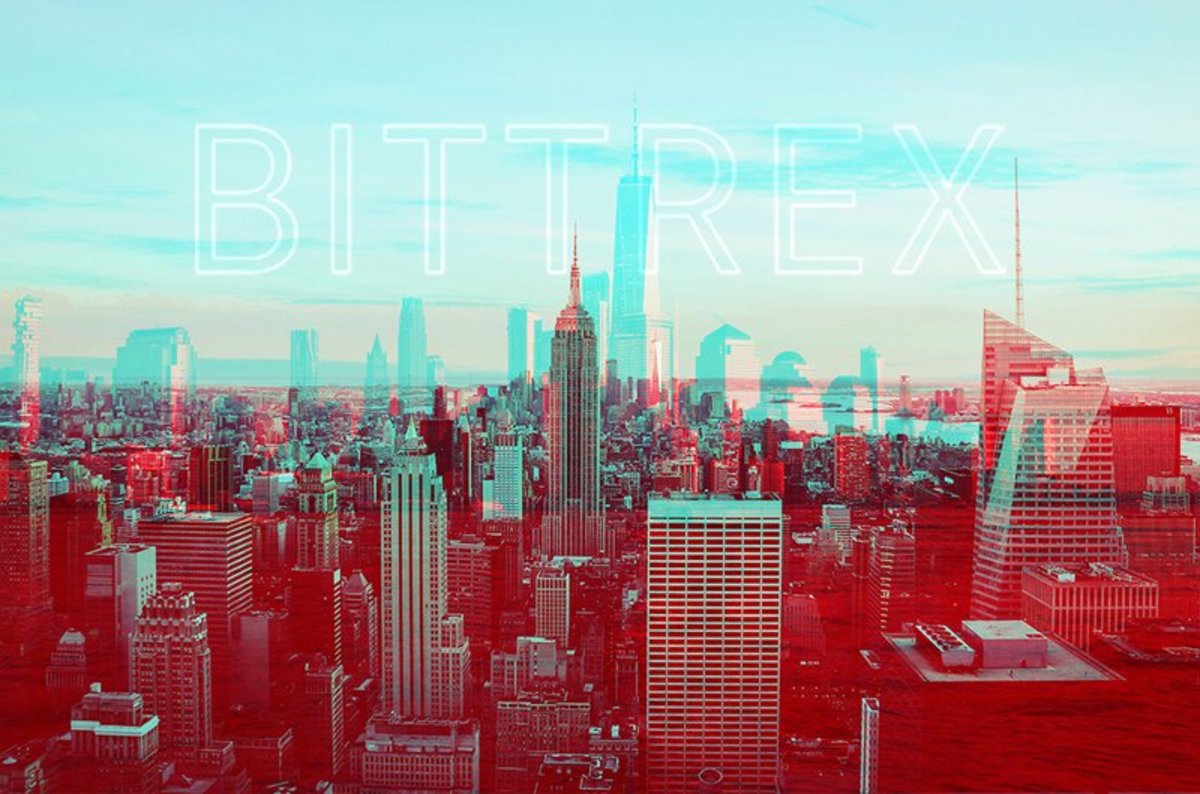
Bittrex, a United States–based cryptocurrency exchange platform, has issued a response to the recent setback in its plans to expand to New York.
Yesterday, the New York State Department of Financial Services (NYDFS) rejected the exchange's BitLicense application, a requirement for offering crypto-based services to New Yorkers.
NYDFS also published a letter addressed to Bittrex CEO Bill Shihara, where it cited inadequate Anti-Money Laundering (AML), Know-Your-Customer (KYC) and Office of Foreign Assets Control (OFAC) standards as reasons for its denial.
Bittrex had applied for the permit in August 2015 and had been operating in New York under BitLicense's safe harbor provision while awaiting approval to be a licensed bitcoin service provider in the state.
In its official response to the agency, Bittrex expressed its disappointment at this setback, disagreeing with the state regulator’s assessment of its AML and KYC standards.
“Bittrex is saddened and disappointed in today’s decision by the New York Department of Financial Services (NYDFS), which we believe harms rather than protects New York customers. Bittrex fully disputes the findings of the NYDFS in today’s decision. We have worked diligently with NYDFS to address their questions and meet their requirements since first applying for our BitLicense in August of 2015.”
The U.S.-based exchange stated that it maintains a risk assessment framework that has been evaluated and approved by an external counsel, and it trains employees on its AML procedures and policies.
Bittrex also pointed out that all Specially Designated Nationals (SDNs) — a list of individuals and companies monitored by the U.S. government — are properly screened whenever a new account is opened, in line with the policies of the OFAC.
The exchange faulted the terms of a supervisory agreement that was proposed by the state regulator back in January, which would have resulted in the issuance of the permit to the firm. The exchange had rejected the agreement based on issues it had with the requirements.
Among other things, the agreement had capitalization requirements that were significantly higher than was required in other states. Per the post, the agency's capital requirements were "based upon a pre-existing formula of hot wallet v. cold wallet storage" that didn't consider the diverse range of cryptos listed on Bittrex and the "risks of frequently moving assets from hot to cold storage.”










